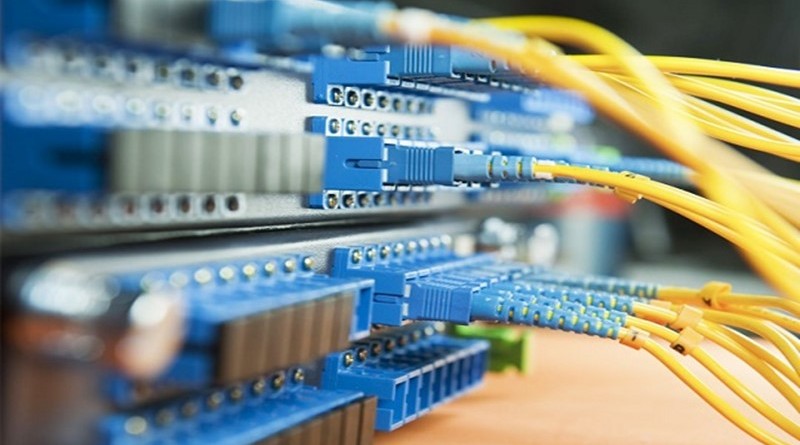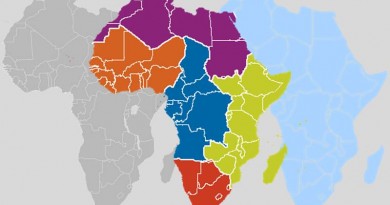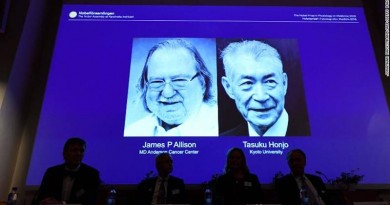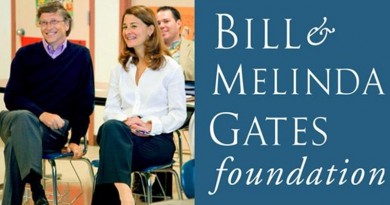$100 billion African internet connectivity investment coming from Huawei and partners
To increase the level of internet connectivity and digital access in throughout Africa about $100 billion in internet infrastructure, laws, and ecosystems will need to be invested. This was the main agreement achieved at the recent Africa Fibre Forum 2023, which was organized by Huawei Technologies in collaboration with the World Broadband Association (WBBA), Digital Council Africa (DCA), and others.
The enormous promise of fiber technology for greater digital inclusion was underscored by Samuel Chen, President of Huawei’s Southern Africa Carrier Network Business Group, this week in Cape Town, against the backdrop of Africa Com, the continent’s largest technology conference.
Speaking to an audience of over one hundred business executives and specialists from more than fifty organizations, Chen emphasized how globalization and digitization in both the public and private sectors have increased the significance and relevance of the fiber infrastructure sector. He emphasized that by pledging to invest over Ksh 45 billion (USD 300 million) in the gradual spread of fiber optic cable throughout the nation, Kenya has set the example for other nations. This is praiseworthy, he continued, as data available indicates that local Internet speeds are still appalling, 195% slower than the average for mobile devices in Europe and 418 percent slower for fixed internet.
Since widespread deployment and use of fiber networks is necessary for inclusive, high-quality, cheap connectivity, increasing investment in fiber is our best chance to reverse the current state of affairs. In addition, he pointed out that the proper ecosystems and regulations are essential to supporting the proliferation of fiber broadband.
Chen went on to say that in order to promote the digital economy and take advantage of the potential presented by new developments and technology, digital infrastructure—particularly fiber networks—is crucial.
John Omo, the General Secretary of the Africa Telecommunications Union, introduced him and said, “We must actively advocate for legislative changes that acknowledge the unique nature of fiber deployment in order to accelerate the development of the fiber industry.”
He pointed out that this necessitates cooperative discussion in order to develop policies that optimize regulatory procedures, reward private investments, and promote public-private alliances that spur innovation and operational effectiveness.
The World Broadband Association (WBBA) Director General, Martin Creaner, projects that by 2027, there will be an additional 243 million fixed connections worldwide, the majority of which will be fiber connections. According to Creaner, “Africa is the continent with the fastest rate of growth and greatest potential for growth in the world when it comes to broadband connectivity.” He went on to say that in order for the sector to reach its full potential, more investors would need to contribute to connection projects, and governments and regulators would need to push for stronger laws that prioritize the deployment and sharing of fiber infrastructure.




